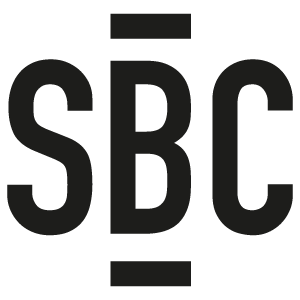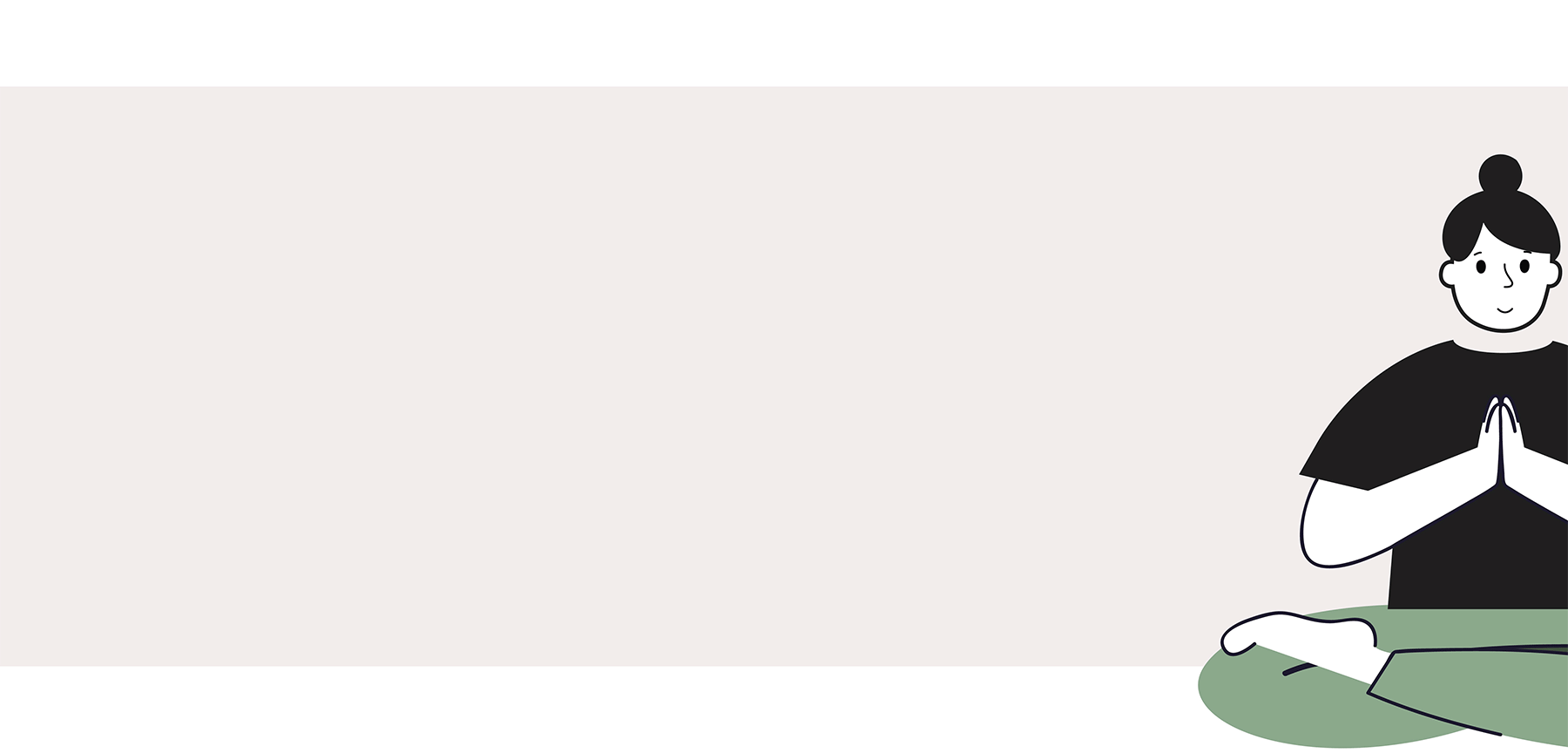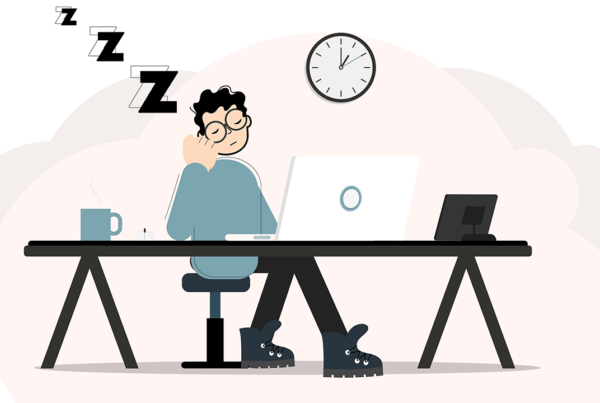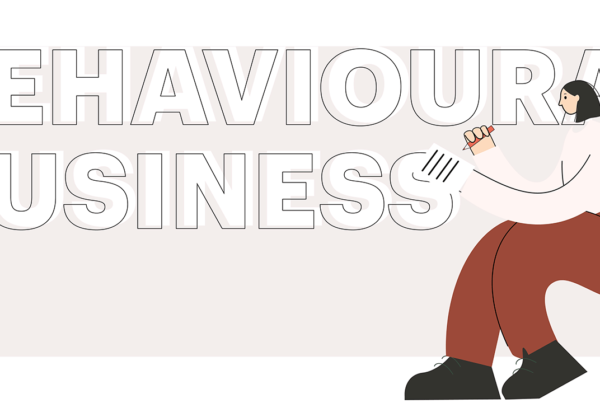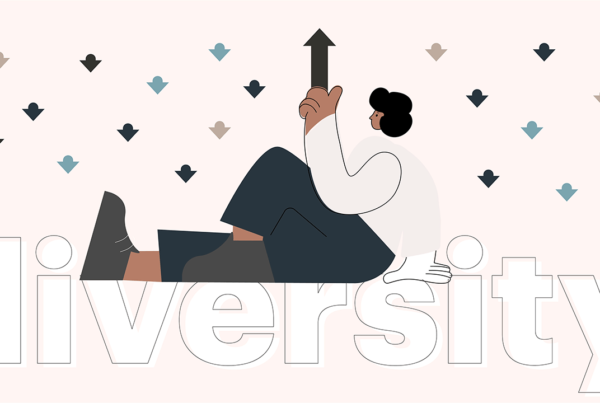
Jane Sunley
1 in 4 people report poor mental health at some point every year, yet most employees still feel a huge amount of stigma about opening up about their mental health at work. Fortunately, new apps and tracking tools are now helping to turn the tide.
Mental wellbeing is on everyone’s lips
At long last, mental health is something people are more comfortable talking about. It’s still got a long way to go of course, but Apps like Calm and Headspace have somehow managed to normalise mindfulness on the sofa and meditation on the train (remember trains?) and that can only be a good thing for people’s wellbeing.
It’s big business too, both Calm and Headspace specifically have recorded more than 40 million downloads each since they launched just a few years ago, and it’s clearer than ever that people have a real craving to be calmer and more resilient in their personal lives.
But naturally, those people also have jobs. And it’s the workplace that often provides people’s biggest sources of stress, anxiety, and depression.
So, what are businesses doing to safeguard their people’s mental wellbeing at work?
Research by diversity consultancy EW Group found that poor mental health is costing UK businesses up to £42 billion every year. That’s partly in absenteeism, but perhaps more worryingly in presenteeism – people coming in because they don’t feel mental illness is a valid excuse for time off, then achieving little because they simply aren’t in a state to work that day. The cost of both is around £1,100 per employee per year in the private sector alone.
A lot of the trouble seems to stem from feelings of shame or even guilt about having mental health issues. EW Group’s report found 67% of workers say they’re too scared or embarrassed to “admit” to taking time out for mental health reasons. Similarly mental health charity Mind found that 30% of staff disagreed with the statement ‘I would feel able to talk openly with my line manager if I was feeling stressed’
The rise of workplace mental-health tech
With that challenge in mind, apps like WellBee have been founded to support employees who’re experiencing stress, anxiety or depression at work. The platform gathers insights from staff via a series of smart questions and virtual check-ins, providing people with the opportunity to discuss and share their feelings within a dedicated internal support network.
The app analyses each employee’s answers, then uses machine learning to suggest resources such as short videos and exercises based on how they’re feeling. For example, if the algorithms suggest financial stress is causing anxiety, WellBee will direct the person to a short video offering guidance specifically on that topic.
Naturally a video isn’t always enough, so if a user is in a worryingly negative place with their mental health, WellBee always recommends having a conversation with an expert to get the best, personalised support available.
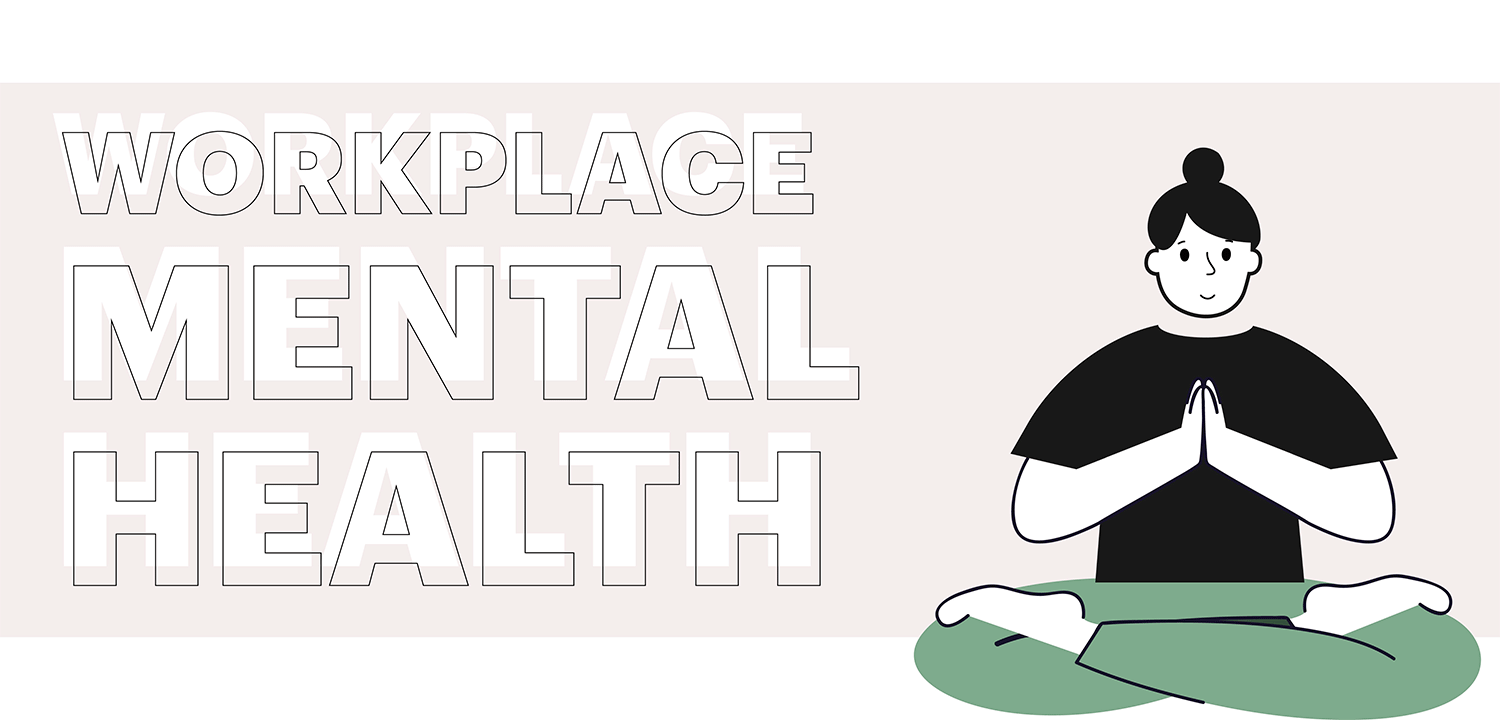
Jane Sunley, founder of Wellbee spoke to Spoon UK
“I kept looking at the crisis level of mental health even before COVID-19, and the scale of the issue was quite shocking,” she told us.
“I started to look into what existing mental health tools were available to people, and immediately I felt worried that people were just being bombarded with solutions. There are some great solutions out there, but if your employer suddenly gives you a whole load of options and you’re not feeling mentally equipped to even contemplate them, there’s no point them being there.
“The premise of Wellbee is that the individual can self-diagnose their own wellbeing through the process of an assessment. It’s safe and secure, and nobody gets to see the results unless they want to be helped.”
Seamless integration
The way it works is a company signs up and then adds each of its employees as users. They can then login and use the tool as they please. The more frequently people use the tool, the richer the data for the businesses.
That makes effectively communicating that support like this is available to staff absolutely vital. Many clients choose to incorporate apps like Wellbee into their onboarding programmes and even their job adverts as an indicator of their supportive culture. It’s the best way to make sure people use the support available to them, and it helps to bolster the organisation’s employer brand to the outside world along the way.
HR and comms’ roles as wellbeing connectors
“In my opinion, HR needs to be more of a conduit for finding and sharing good tools and good ways of doing things related to mental health,” says Jane.
“More solutions are needed where people can self-serve and then be pointed in the right direction. If you’ve got a not-too-serious problem, the recommendation from WellBee will be helpful. But if you’ve got a serious condition, the individual should get a different kind of help from external sources.”
“Lockdown has given us all more time to think and be a bit more proactive,” says Jane. “But for many it’s been a time of stress and uncertainty. There are some businesses out there that are just waiting to see what happens, but in times like these they need to make sure mental health support is available as soon as possible.
“Because it’s good to talk. And it’s okay not to be okay.”
